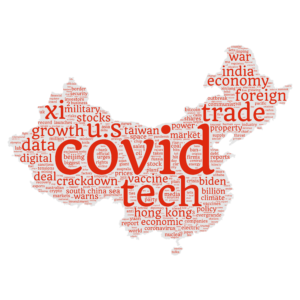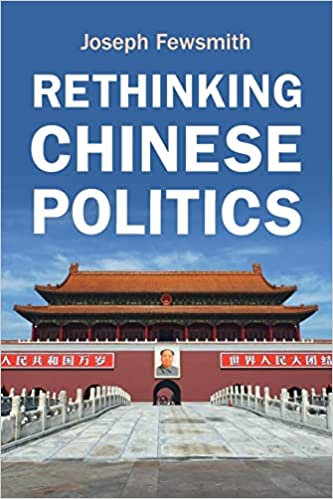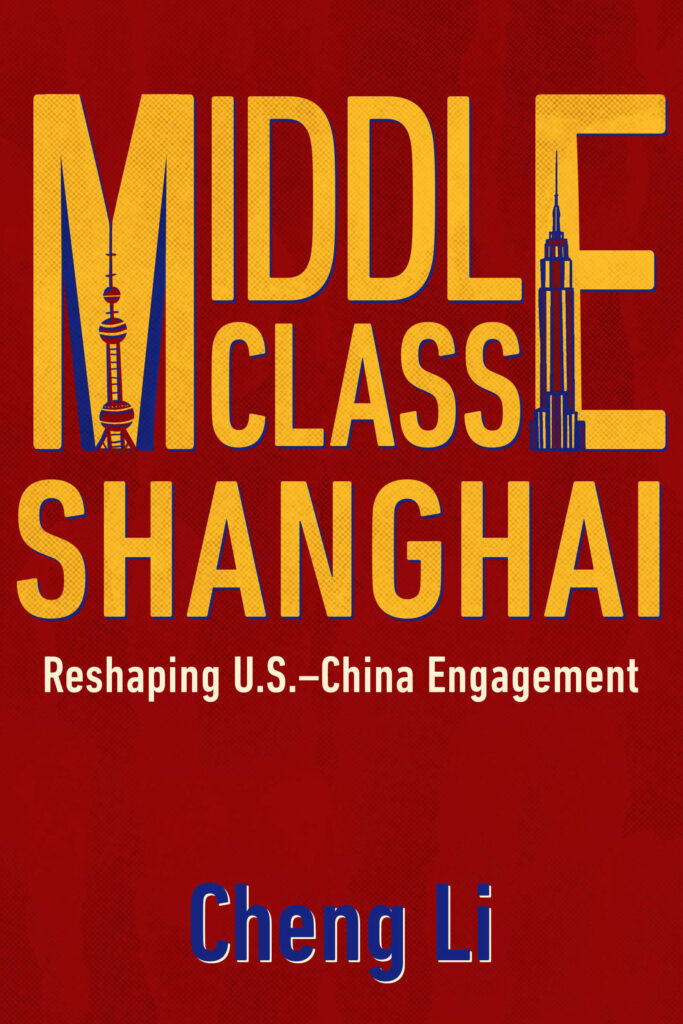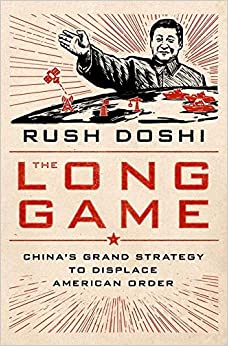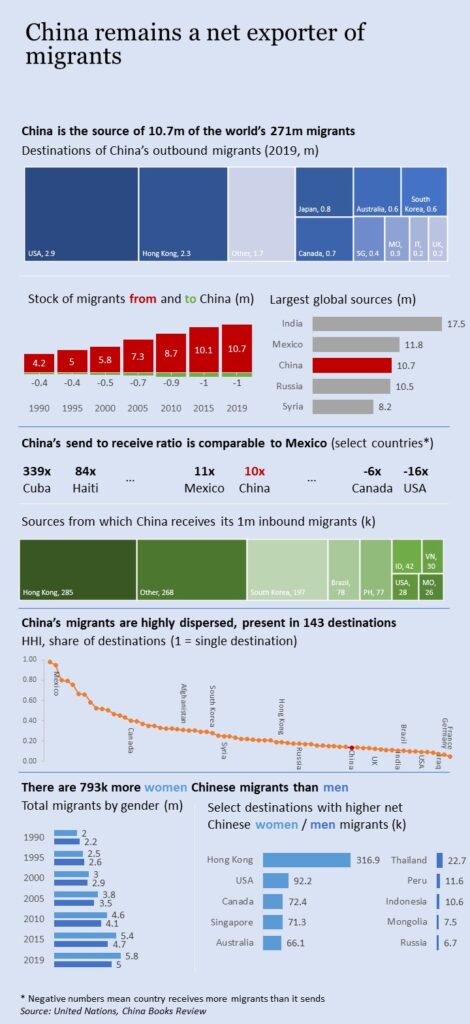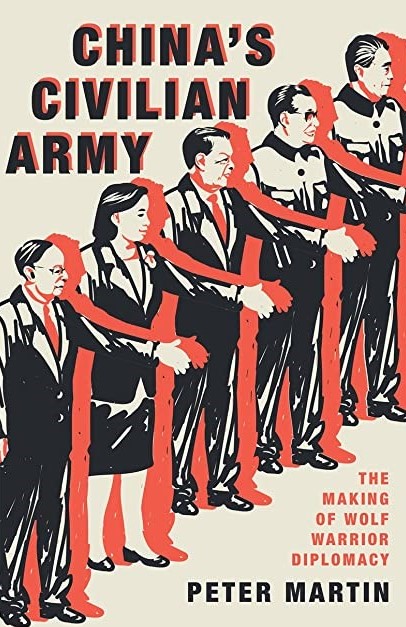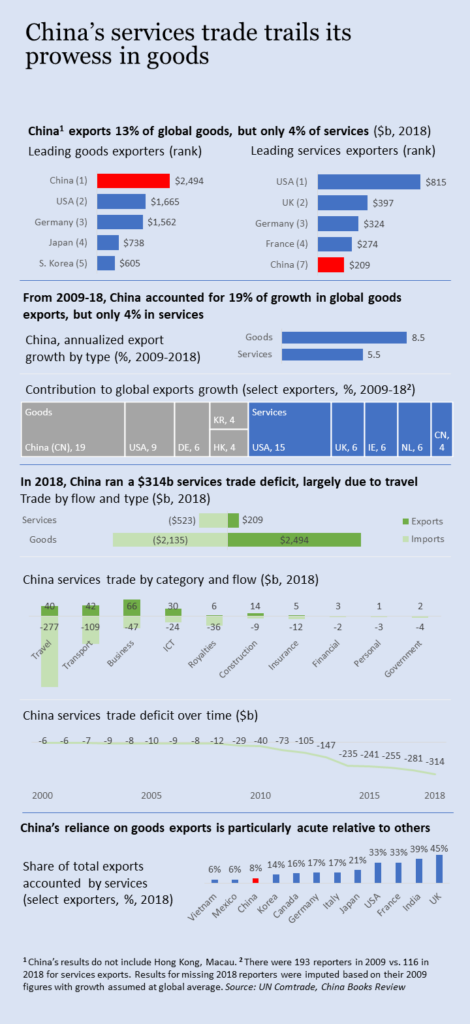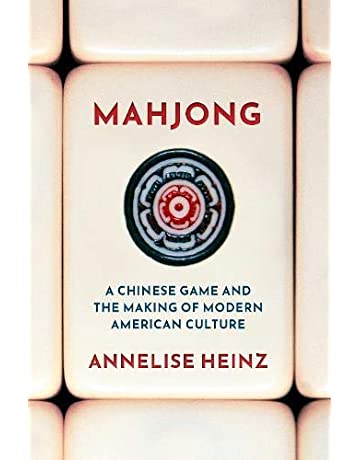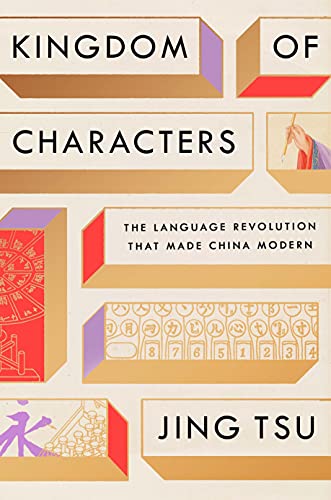
Review of Kingdom of Characters by Jing Tsu. Penguin, 2022.
Language can feel simultaneously personal and monumental, in flux and inviolate. Thus, the extent to which the sheer conditionality with which the Chinese language navigated the twentieth century is a jarring realization. Imagine if, in classrooms from Beijing to Boston, students were perfecting the Cantonese exclamation “la” instead of the “er” of the Beijing Mandarin accent. And instead of committing thousands of characters to memory, students penned their essays in alphabetic script. These are among the plausible outcomes that could have become the Chinese language as China navigated its revolutionary tumult.
In this history of the Chinese language’s progression to modernity, Yale professor Jing Tsu has produced a work that transcends linguistics to encompass history and culture, politics and diplomacy, and economics and innovation with great elegance and concision. Each chapter captures the evolution of Chinese, from the push to make Mandarin the national language and the pursuit of a practical Chinese typewriter to how to render the language in the electronic age. The Chinese language “pushed to the brink every universalist claim of Western technology, from telegraphy to Unicode.” Rendering Chinese into numbers so that it could be transmitted over telegraph via Morse code required more than just an ingenious classification system so that characters could be easily referenced. It also required diplomacy to grant China an exception from international convention which made numbers costlier to send than letters.
Continue reading “Language lessons”